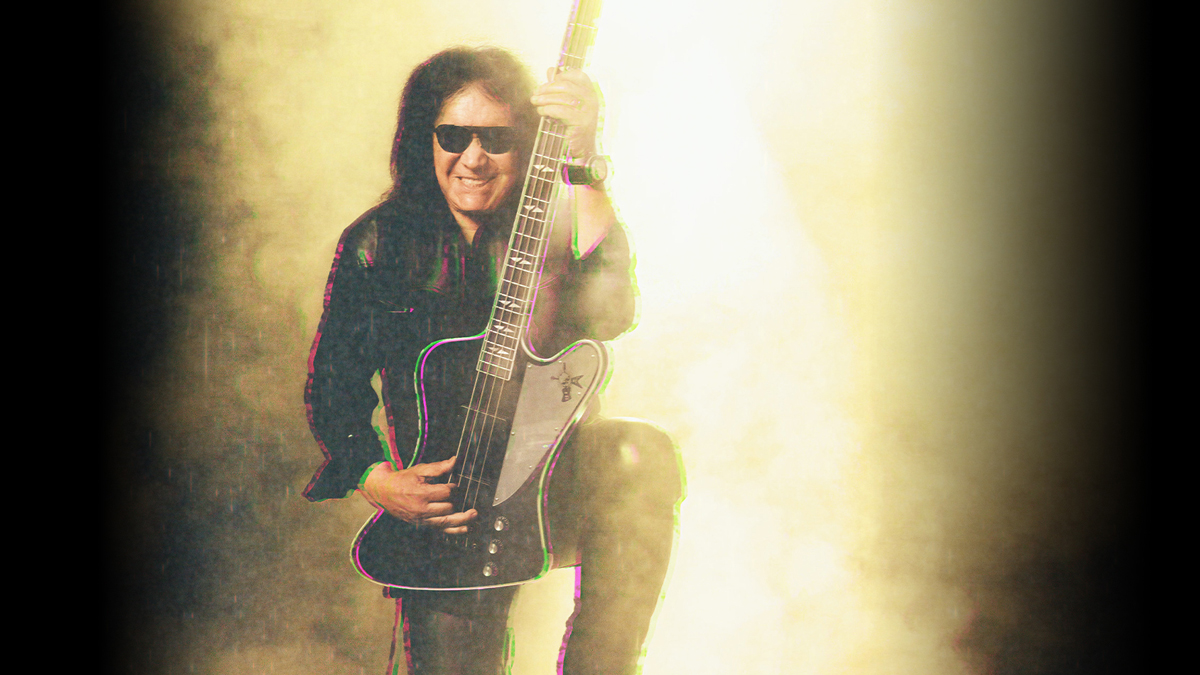
While drop D tuning was originally introduced by classical and blues guitarists, early examples of its incorporation into the rock canon include The Beatles' Dear Prudence (1968) and Led Zeppelin's Moby Dick (1969). Tony Iommi continued to take things down a notch – sometimes as far as three semitones below standard guitar tuning – on 1971's Master of Reality.
Dropped and downtunings later became a defining characteristic of many ’90s guitar bands, but Gene Simmons recently stressed that Kiss was early to the detuning party.
“Unlike other bands, we were running around on stage on seven and eight-inch platform heels,” Simmons says on The Zak Kuhn Show. “And the weight and the physicality of doing this stuff, you're constantly out of breath.
“And we noticed early on that our voices started to go if you tune ‘A440,’ which musicians will understand. And so we started to detune half a step down. So all the strings on the guitar went up, but we all went down half a step so we could reach the high notes. And by the time we quit, we actually tuned down a full step.
“We detuned the instruments so that our voices wouldn’t break,” he adds matter-of-factly. “Not only we started doing that before there was a thing called ‘metal’ or the Seattle stuff, we just did it to save our voices.
“And then it became commonplace. So, when you hear Metallica and everybody else, they're detuned because it sounds thicker and bigger,” he concludes.
One of the biggest proponents of the '90s alternate tunings movement was undoubtedly Soundgarden’s Kim Thayil, who, in a Guitar World interview, acknowledged Kiss’ role in popularizing what were once off-kilter tunings.
“I can’t say we invented or designed these tunings,” he said.
“You’d hear stories about players like Keith Richards playing in open [tuning] and maybe only using five strings instead of six. I also remember reading about Kiss dropping their guitars half a step down and realizing a lot of rock players were doing that.”
In Gene Simmons’ recent interview with Bass Player the Kiss icon explained how Ronnie Wood is a better bassist than guitarist, why he can’t recall anything John Paul Jones played, and what makes him the Burger King Whopper of bass players.







